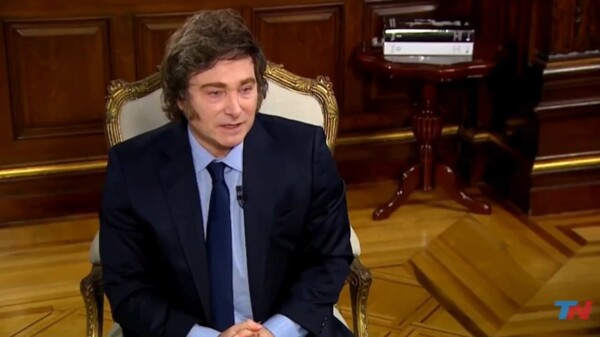
The Government introduced changes to the import regime of goods that are part of large RIGI projects in order to encourage investments. Through Resolution No. 1319/2024, the Ministry of Economy detailed requirements, deadlines, and responsibilities to simplify and expedite the mechanism.
The RIGI targets companies with projects approved by the Secretariat of Industry and Commerce, which will now receive benefits for the incorporation of capital goods, temporary imports, and others. However, SMEs warn of possible disadvantages and request schemes that reduce bureaucratic hurdles and offer tax benefits.
Experts highlight the elimination of foreign exchange and tariff restrictions, which would facilitate the importation of machinery, technology, and supplies for large projects. They also point out that foreign companies will be able to operate in Argentina at costs similar to those in their home countries, improving their competitiveness.
Since December, inquiries have been made regarding the financing of the importation of capital goods. The challenges include structuring payment obligations arising from the purchase of assets in a manner suitable for the international market and understanding the financial economic impact of acquiring goods.
Companies adhering to the RIGI will have competitive advantages over local importers, which could raise concerns about unfair competition. Some clauses aim to promote purchases from SME companies, fostering sectors such as plastics, textiles, and automotive.
Regarding updates to the Regime, the introduction of the “Certificate of File in Process” is highlighted, allowing companies to import once their project is submitted. Conditions have been established for imported goods, including possession reduced from 2 years to 12 months, as well as deadlines for the realization of projects.
In case of non-compliance with the conditions of the Regime, a treatment for infractions is established. These efforts to streamline the procedure and adapt it to industrial projects have caught the attention of investors, as the Regime is transversal to various industries and does not require minimum investment values.














